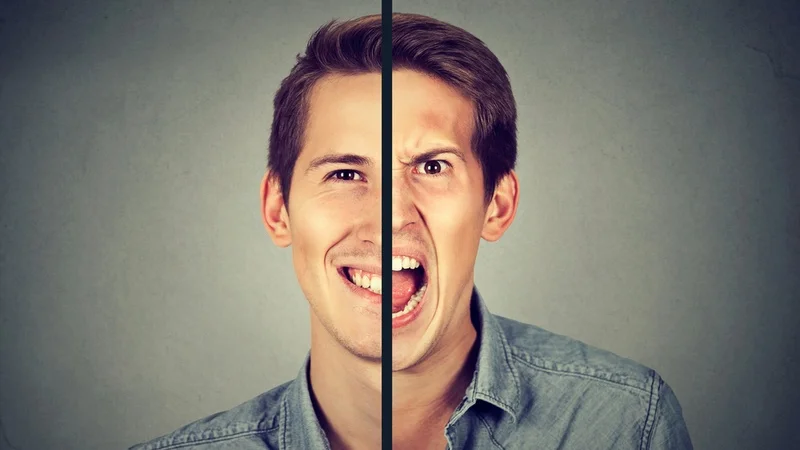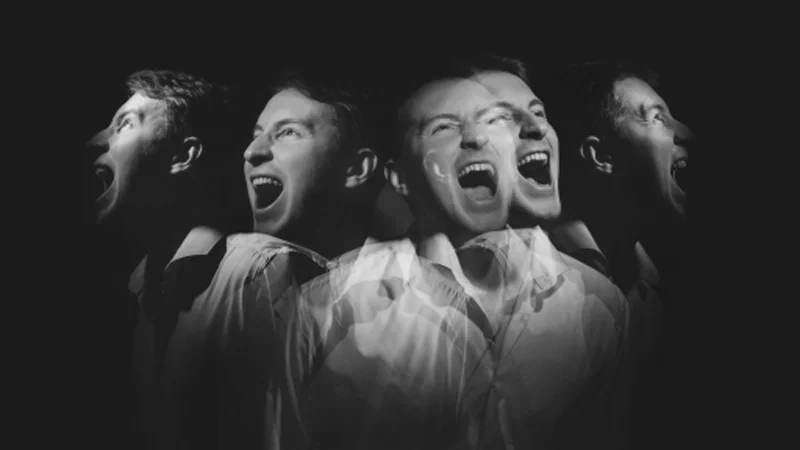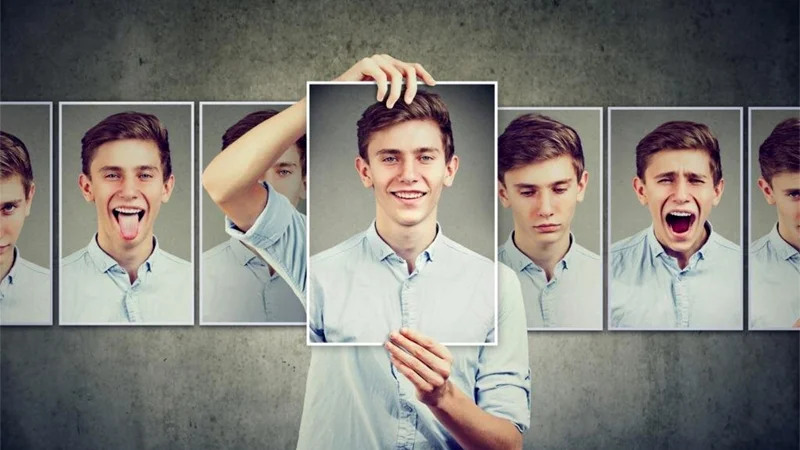Bipolar Disorder
The previous name for Bipolar disorder was Manic-depression. Generally, people understand
this disorder as only affecting one's mood, whether it also influences energy levels and
self-esteem, clouds judgment, interferes with memory, or disturbs sleep patterns and
appetite. It is a brain disorder that causes serious shifts in mood, energy levels, and
social functioning. Everyone around us encounters ups and downs, which are considered to
be normal. It would not be wrong to say that anybody can experience mood swings.
Nobody is immune to aggression, grief, or sadness, but shifts in bipolar disorder are
unlike ordinary mood swings. It refers to two bio-psychological states: mania and
depression. Mania is characterized as a hyperactive phase of this illness in which
patients experience overly excited, unusually high, or irritable moods. On the other
hand, depression is characterized as an overly sad or hopeless mood state.



